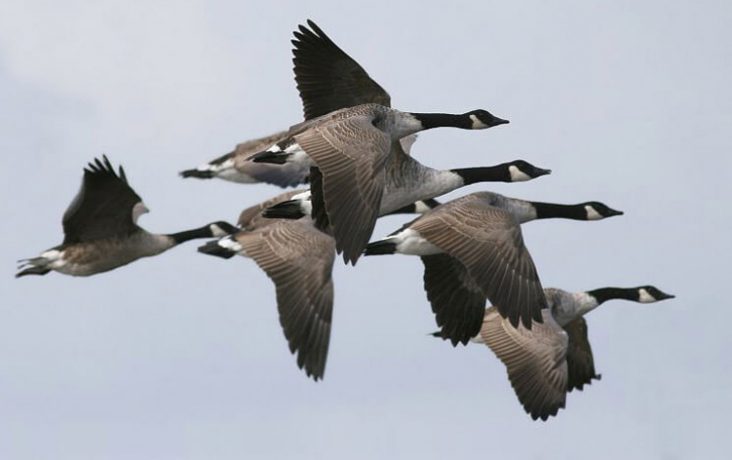This component will document Cree knowledge and practices associated with eelgrass (Zostera marina) and migratory waterfowl, following historical and contemporary approaches to understand Cree relationships with the coastal environment and the dynamics that shape them. While the historical approach deals with drivers associated with changes in abundance and distribution of eelgrass and waterfowl, the contemporary approach focuses on Cree knowledge of eelgrass, waterfowl and how these have changed over the last 30 years or so, as well as the ongoing adaptation of peoples’ harvesting strategies.
Cree Traditional Knowledge
This project is the Cree knowledge component of the Comprehensive Research Program on Coastal Habitat of Eeyou Istchee, which aims to understand the ecology of coastal Eastern James Bay (Northern Quebec).
Objectives

Methods
Cree Knowledge Study: Contribution to the Research Program – Documenting Cree knowledge of eelgrass and waterfowl in the context of environmental change in Eeyou Istchee is very important for the research program. This component provides a Cree land user perspective about how the coastal environment has changed in recent history and how these changes have affected the presence, health and abundance of eelgrass, the geese and other migratory waterfowl that depend on it. In turn, this component also examines the impacts these ecological changes have on Cree culture, livelihoods and ways of life.
The Cree knowledge study employs qualitative methods geared towards understanding and gathering land users experience of environmental change.
Participant observation: Using this method, the researchers spend time with land users in their camps with the objective of participating in current hunting and harvesting practices and associated activities, visit hunting sites and listen stories of life in the camps in the past
Semi-structured interviews: during these interviews land users share their knowledge and stories about changes to the coastal ecosystem, including eelgrass bed locations, their health, the changing relations between eelgrass and waterfowl, as well as of current and historical hunting and harvesting practices.
Participatory mapping exercises: these exercises are intended to gather spatial information about the historical and current distribution of eelgrass beds, hunting sites and camps.
Importance of Cree Knowledge for Understanding Environmental Change in Eeyou Istchee
Cree knowledge is an expression of the intimate relation land users have with the environment and the human and non-human beings that inhabit it.
Documenting knowledge about environmental change gives an everyday, on-the-ground and detailed account of the drivers that are changing the environment, their effects on the local livelihoods and the short-term and long-term responses to such changes.
Team Members
This component is led by Julián Idrobo, Research Associate at the University of British Columbia. He has a doctorate un Natural Resources Management and has over ten years conducting research related to indigenous knowledge systems and natural resources management.
Links to Other Components
This component generates information that helps the other research teams generate hypotheses and helps filling knowledge gaps related to historical changes and observations of the local environment.